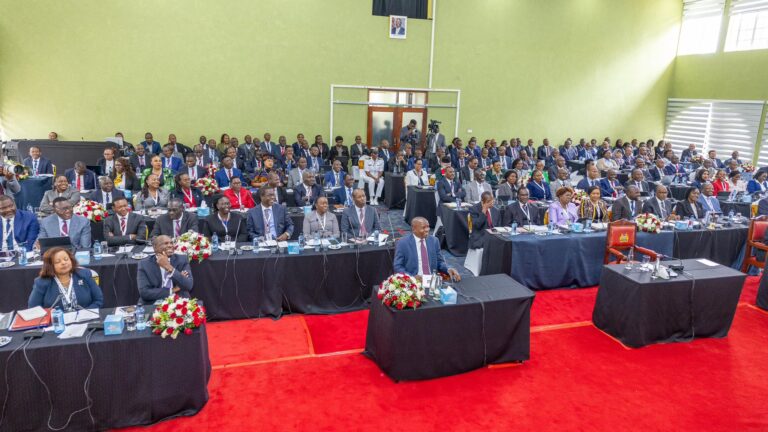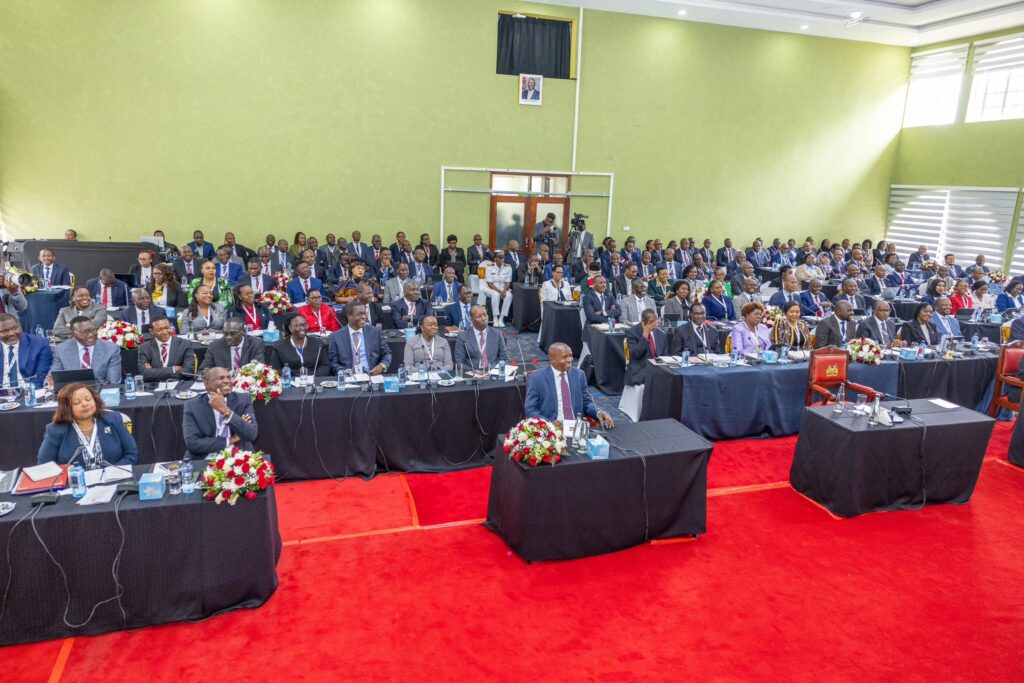
President William Ruto has announced that his government will take firm action against schools defying the new directive mandating that all fees be paid through the eCitizen platform.
The head of state described the move as part of a broader campaign to eliminate corruption, enhance transparency, and digitize all government-related transactions.
Speaking during a public function, President Ruto expressed frustration with institutions that continue to collect school fees manually despite the government’s orders.
He warned that any school principal, bursar, or board found violating the directive would face severe consequences, including disciplinary action and possible legal charges.
“No one will sabotage our digitization efforts. Schools must comply with the directive to use the eCitizen platform for fee payments. This is not optional. It is the law,” Ruto declared, sending a strong message to educational institutions across the country.

The president’s statement comes as reports emerge of several schools continuing to demand cash or bank payments, with some allegedly creating parallel channels to bypass the digital system.
These revelations have sparked outrage among parents and the public, who see the resistance as an attempt to maintain corrupt practices and avoid accountability.The eCitizen platform, which has been rolled out for all government services, including education payments, is meant to ensure real-time tracking of funds, reduce pilferage, and protect parents from illegal levies.
Ruto emphasized that the future of service delivery lies in full digital migration and that his administration would not tolerate rogue institutions clinging to outdated systems.
“Those who refuse to follow the law are enemies of progress. We are not going back,” he said.Education Cabinet Secretary Ezekiel Machogu has echoed the president’s warning, issuing a directive to all school heads to adhere to the eCitizen payment model without fail.
The Ministry of Education is expected to launch random audits and monitoring exercises across learning institutions starting next week.
However, the directive has drawn mixed reactions. While many support the move as a step toward modernization and accountability, some school administrators argue that the eCitizen rollout has faced technical hitches, especially in remote areas with limited internet access.
Others claim they were not adequately trained or equipped to implement the digital model at the scale required.Despite these concerns, the government maintains that resistance to the directive is largely driven by those who benefited from untraceable financial dealings in the past.
As Kenya accelerates its digital transformation agenda, the standoff between the government and defiant schools is likely to intensify.
President Ruto’s latest pronouncement makes it clear that non-compliance will not be tolerated.






